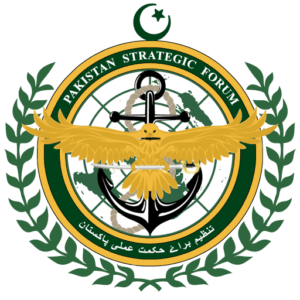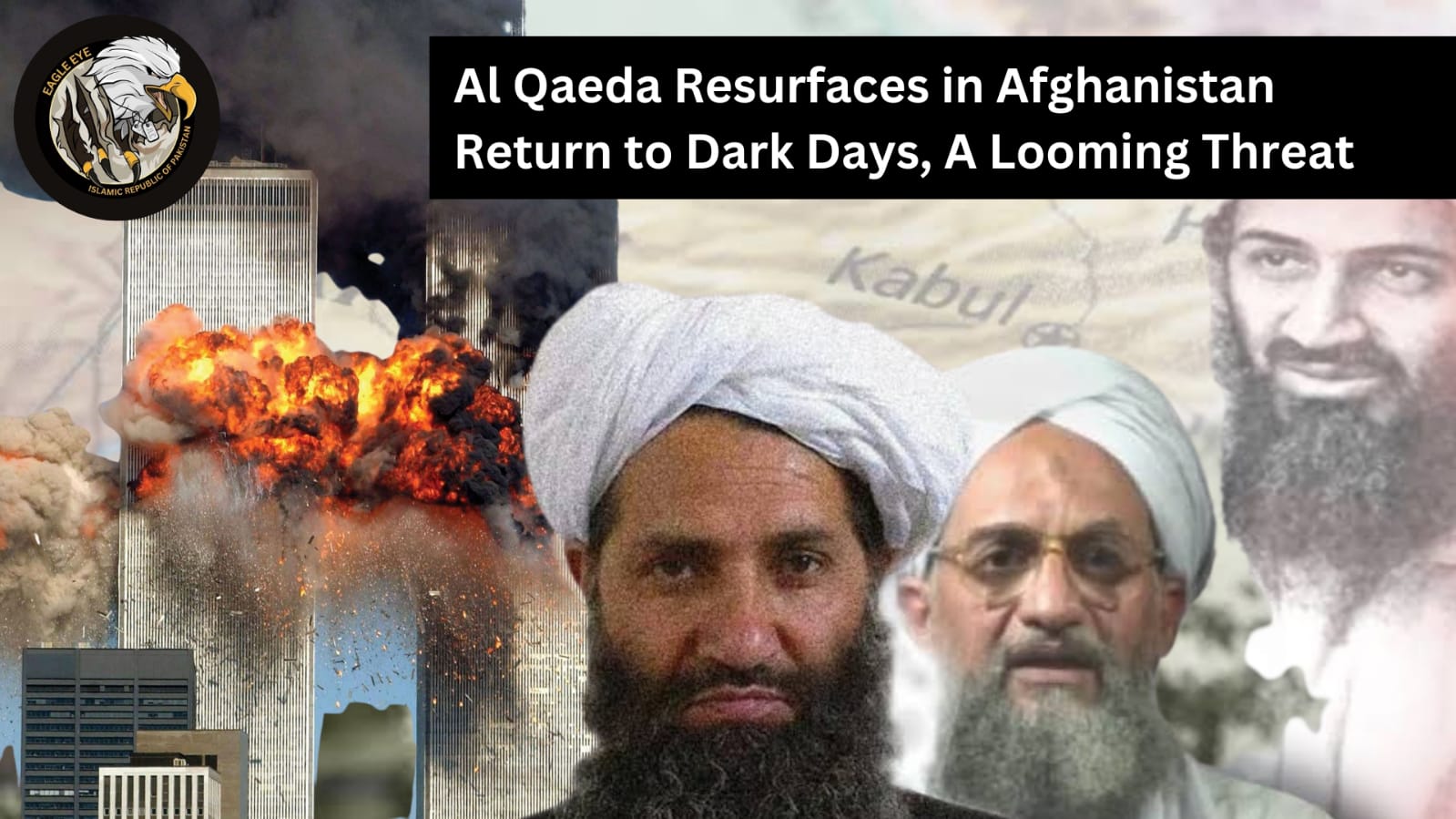In International power politics, the rise of one lead to the downfall of the other, showing that a shift of power is inevitable. The one who possesses power is destined to make rules for its interests and if needed the same rules can be bypassed. The signing of the ‘Simla Agreement’ by India in 1972, was used as a rationale to tag Kashmir’ as a bilateral issue between India and Pakistan but later on in 2019 unilateral abrogation of article 370 and 35-A by the Indian parliament, strengthened the idea that Indian state has no respect for both national laws as well as for international laws. For India, this became possible as the economic interests of many regional and global powers were attached to the rising Indian market. Even India had the support of many Muslim states as well.
Looking at the current deprived situations of Kashmiri people and to thwart the world from using nuclear weapons once again, is there a possibility of a grand bargain in Kashmir? Can Global powers play the role of a broker? Would India consider the option of sitting on a table with Pakistan?
All these questions are meant to be answered but, In the past, we have witnessed CPA (Joint Comprehensive Plan of Action) or the Iran nuclear deal, that was broken by Global power (USA) despite the involvement of P5. During the Obama administration, a peace deal was signed between Iran and P5+1 because of which Iran agreed to limit the production of Uranium. But after the administration changes in the USA, the US withdrew from this deal and proved itself as a non-serious and self-centered broker. This move set new rules of engagement between states and introduced uncertainty in the world of Diplomacy.
Similarly, the Middle East peace plan by Donald Trump is also considered a unilateral plan favoring one party (Israel), by many critiques. Therefore, Pakistan cannot put its bid on International mediation especially with America at the center, as the US needs India to halt China in the region and thus will eventually side with India in the issue. By this, we can conclude that Hindu India is no more a strategically autonomous state and will operate under the Indo-Pacific doctrine.
The economy of India is growing, and it has big states as stakeholders and possess a clear military dominance over Pakistan due to American patronage. So, there are very less chances that with this dominance, India would choose an option of table talks. Moreover, the whole election campaign of the ruling Indian BJP government was based on Kashmir it is like political suicide to initiate a dialogue over Kashmir with Pakistan. Consequently, BJP would lose all its support at the national level. Prime Minister Modi cannot afford the blowback of his radical Hindutva followers.
So, there is no possible political way to solve the Kashmir dispute, especially when two sides are unbalanced. For Pakistan, the only way to push India towards bargaining is to make powerful alliances through vibrant diplomacy. Creating economic stakes would also make Pakistan’s position strong and influential in the region. Thus, the bold twin-pillars of politics and economics can help Pakistan to create its order and help Kashmiris receive their rights.
Author: Muhammad Waleed
About Author: Muhammad Waleed is a Student of ‘Peace and Conflict Studies’ at National Defense University, Islamabad.
Note: The views expressed in this article are the author’s own and do not necessarily reflect the editorial policy of Pakistan Strategic Forum.
#TeamPakistanStrategicForum






